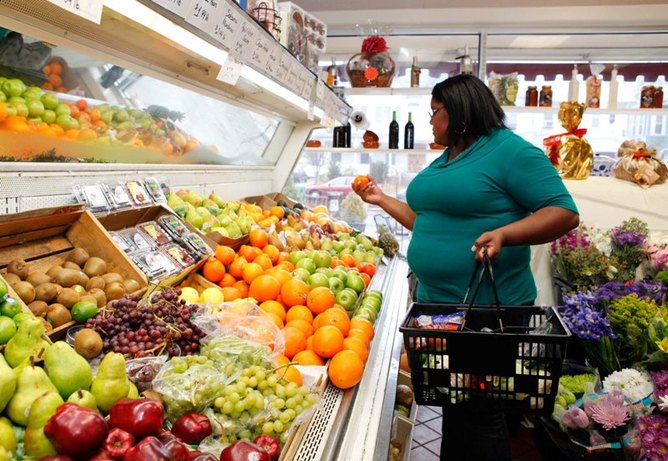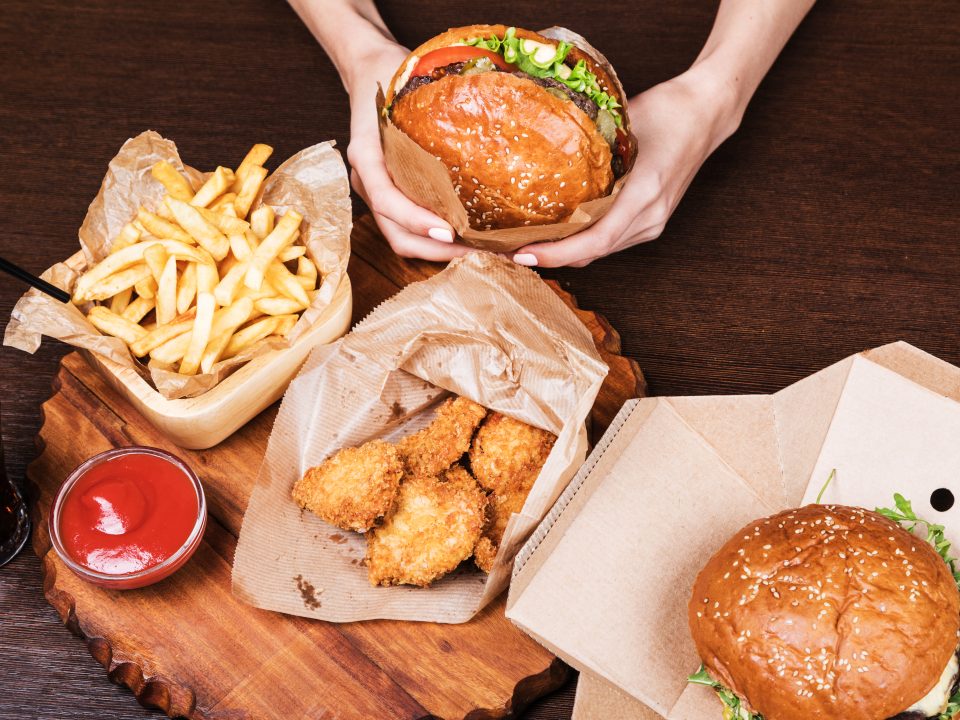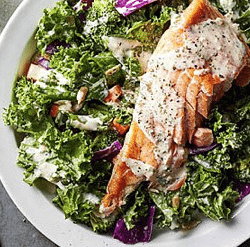Fight low mood with this one natural trick
October 27, 2016You can’t do it alone
October 28, 2016Eating healthy but still not losing weight?
We hear again and again that to lose weight we should eat healthy, move more, and the weight will come off. So what happens when your diet is super healthy, but your weight still won’t shift or worse, you actually gain weight?
Here are some common reasons your weight isn’t doing what you want it to…
Fats
You are choosing olive oil, coconut oil, almond butter, avocado, aren’t these all meant to be good for you? Yes and no, while healthy fats are important, they are still fats, and contain 9 calories per gram, as opposed to 4 calories per gram for carbohydrate or protein. What this means is that they are more calorie concentrated, and too many calories can slow or stop weight loss.
While it’s important to include some good fats in your diet, it can be easy to go overboard. If we aim for 20-30% of calories to come from fats here are our guidelines:
– 1,500 calories: About 50 grams of fat per day.
– 2,000 calories: About 67 grams of fat per day.
– 2,500 calories: About 83 grams of fat per day.
Lets work with the example of a 1500 calorie diet, which is a reasonable goal if you are trying to lose weight. This works out to be 450 cal a day from fat.
If we follow the dietary guidelines and have one lean protein serve a day- like 100g meat, chicken, fish or two eggs- plus two to three low fat dairy serves a day, this already takes our total to 150-200 calories from fat in these foods.
For simplicity, lets assume that there is no other fat coming from any other foods in your diet, this leaves us with 250 calories left over to get through our healthy fats. This works out to be…
– 1.5 tablespoons of olive oil, coconut oil, or tahini
– Half an avocado
– 27 almonds
– 9 macadamia nuts
– 1.5 tablespoons of peanut butter
Seems okay right?
But lets look at where this could go wrong- what if you have an egg or two at breakfast as well as meat/chicken/fish at dinner time? What if you have peanut butter on toast, as well as using olive oil for cooking dinner at night? What if you have a handful of nuts as a snack, plus avocado in your salad? Oil in your dressing and olive spread on your toast? Take fish oil or omega-3 supplements as well?
Some easy ways to get around this are to use spray cooking oil and a non stick pan for frying, or bake, grill, or steam meals. Choose a scrape of avocado on sandwiches instead of butter or margarine, be careful to count out nuts (easy to go overboard), and avoid high fat processed foods- especially baked goodies.
Sugar
Blending up smoothies, or making juices can seem like a great healthy choice, but take caution…
Smoothies made with milk or milk substitutes, yoghurt, fruit, oats, protein powders (sometimes even ice cream or frozen yoghurt) should be counted as a meal in itself- having a smoothie plus food means chances are you are getting in a lot more than you would think.
Juice on the other hand take out the majority of fibre, and really increase the amount of sugar- one orange makes about half a cup of juice. A large glass can have the same amount of sugar as three pieces of fruit. Better to have whole fruit as a snack which will fill you up, or limit to half a glass of juice and count it as one of your fruit serves for the day.
Vegetable juices will usually have a much lower sugar content, so you won’t need to be so careful with these as long as they are made from non-starchy vegetables, but whole vegetables is still a healthier option.
Supplements
Extra supplements that we might take because they have added vitamins or minerals, protein, or are convenient such as Sustagen, Milo, protein bars, or shakes can useful for those who find it hard it hard to eat breakfast, who forget or are too busy for regular meals.
If you have a healthy diet, eat regular meals, have no specific nutrient deficiencies, and haven’t been advised by a professional that supplementation is necessary, just adding in these extras because you think they are healthy could just mean you are getting in extra calories that aren’t really needed.
One protein bar can have double or triple the calories you should be aiming for when choosing snacks, so read labels carefully and include these items as part of your overall diet plan, not as an addition for the sake of trying to be healthy.
Aren’t making any of these mistakes?
If you are still tearing your hair out trying to work out why the weight just won’t come off, it might be time for some outside help. Find out why the nutrition education and mindset seminars are such a big part of our proven weight loss program at OnTrack Retreats.





